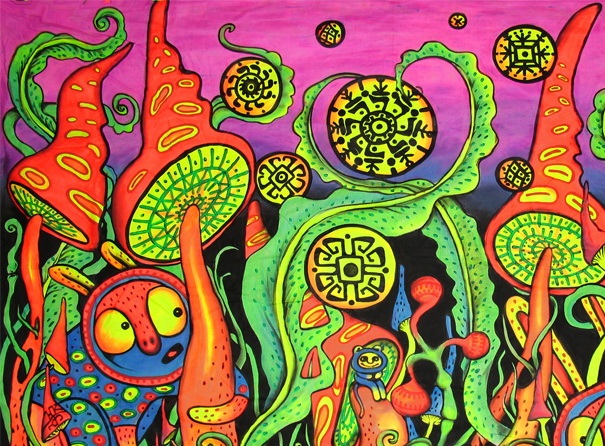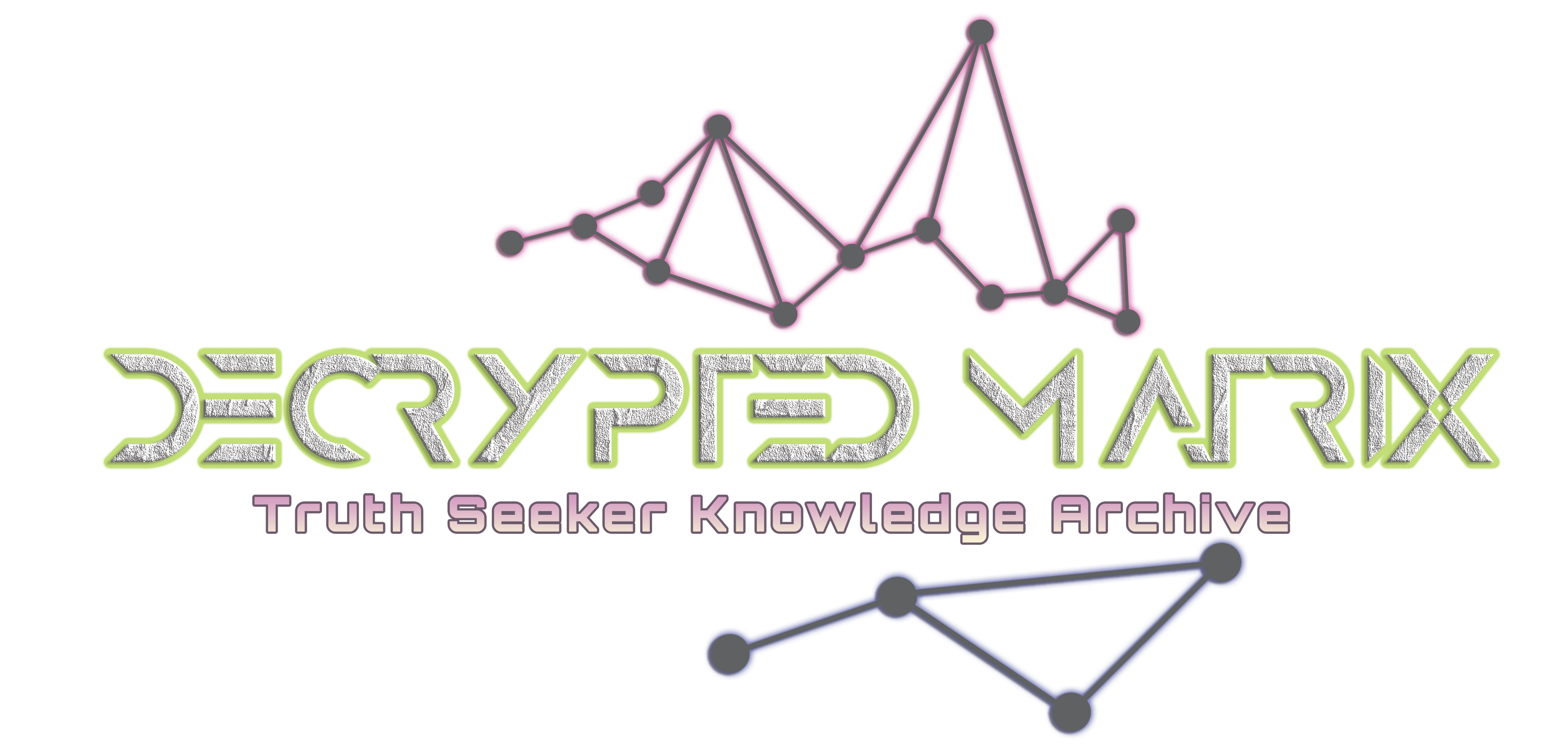
|
||
|
Many individuals who took a single dose of psilocybin — the active ingredient in what the drug culture calls “magic mushrooms” — showed alterations in personality characteristics, largely for the better, that persisted for more than a year, a prospective scientific study showed.
Participants who reported “mystical experiences” during the hallucinogen sessions tended to show increases in the personality dimension known as openness, according to Katherine A. MacLean, PhD, and colleagues at Johns Hopkins University. They found no adverse effects from the drug exposure. Openness is generally considered a positive characteristic and includes such traits as aesthetic appreciation and sensitivity, imagination, intellectual engagement, and awareness of feelings in themselves and others, the researchers indicated in an online report in the Journal of Psychopharmacology. Action Points
The findings were consistent with previous studies and anecdotal reports from psilocybin users, who have said the drug changed their interactions with the world long after the acute effects wore off, MacLean and colleagues said. “Although there is still much to learn about the mechanisms by which hallucinogens might produce positive changes, the increases in openness observed in the present study indicate novel avenues of future research into the biological and psychological mechanisms of psilocybin treatment,” they wrote. The researchers suggested as well that mystical experiences with nonpharmacologic origins could have similar long-lasting effects on personality — a hypothesis deserving more research insofar as such experiences have been found to help people fight addictions and cope with cancer and other life-threatening diseases. Psilocybin is obtained from a variety of mushrooms and acts at the serotonin 5-HT2A receptor. It exploded in popularity for inducing “mind-expanding” hallucinatory experiences in the 1960s. Among the purported benefits are increased creativity, greater appreciation of music and visual art, and more tolerance of other people. The current research involved 52 adult volunteers, whose self-described motivations were generally “curiosity about the effects of psilocybin and the opportunity for extensive self-reflection.” They were counseled extensively in several sessions before receiving the drug, and it was delivered under supportive conditions to minimize adverse reactions, according to accepted practice for human studies of hallucinogens. There were actually two studies, both blinded with crossover designs, which individually have already produced published reports. In one, participants underwent a series of eight-hour sessions in which they received a relatively high dose of psilocybin (30 mg per 70 kg of body weight) or methylphenidate at 40 mg per 70 kg as a control. In the other study, participants had five sessions in which placebo or various psilocybin doses ranging from 5 to 30 mg per 70 kg were given. Participants in both studies underwent personality assessments at baseline, one to two months after each drug session, and about 14 months after the last session, using the NEO Personality Inventory. This instrument evaluates five personality dimensions: openness, extroversion, neuroticism, agreeableness, and conscientiousness. Acute psychosensory effects in each session were measured as well with several questionnaires aimed at detailing “mystical experiences.” The current analysis focused on outcomes after the 30 mg/70 kg psilocybin sessions. Openness scores with the NEO Personality Inventory at baseline averaged about 64. At the first personality evaluation after these high-dose psilocybin sessions, openness scores increased by a mean of 2.8 points. Having a mystical experience during the 30 mg/70 kg psilocybin session was key to the increase in openness scores, the researchers indicated. They found a significant correlation between high “mystical experience” ratings in the acute-effects assessments and increases in openness (r=0.42, P=0.002). Among the 30 participants who met criteria for a “complete mystical experience,” openness scores increased an average of 5.7 points, whereas there was no significant change in openness scores among the 22 others. At the 14-month evaluation, openness scores in the participants who had complete mystical experiences had declined slightly but remained significantly higher than at baseline, by 4.2 points (P=0.05). Participants who did not have complete mystical experiences had no long-term changes in openness. There were no significant changes in the other four dimensions of the personality inventory at any point in the study. MacLean and colleagues also checked on whether baseline openness scores were correlated with the likelihood of having a mystical experience. They were not (r=0.12, P=0.41). The researchers characterized the increase in openness as probably a good thing for participants. “Although the present study did not directly investigate the corollary benefits of increased openness, significant increases in nearly all of the facet scores indicate the potential for improvements in aesthetic and cognitive domains,” they wrote. Limitations to the study included the recruitment strategy: Participants were not drawn randomly from the community, but rather were weighted toward people who were already interested in the psilocybin experience. “Nearly all of the participants in the present study regularly engaged in spiritual activities such as religious services, prayer, and meditation. It is possible that such individuals are particularly sensitive to the mystical-type effects of psilocybin, which were predictive of increases in openness,” MacLean and colleagues wrote. Also, neuroticism scores (reflecting anxiety, moodiness, and other negative traits) on the personality inventory at baseline were nearly one standard deviation below population norms. As a result, the researchers conceded, the effects of the drug per se could not be separated from the self-selection bias. The research was funded by the National Institute on Drug Abuse, the Council on Spiritual Practices, the Heffter Research Institute, and the Betsy Gordon Foundation. All authors declared they had no relevant financial interests. |
||
|
Primary source: Journal of Psychopharmacology
Source reference: MacLean K, et al “Mystical experiences occasioned by the hallucinogen psilocybin lead to increases in the personality domain of openness” J Psychopharm 2011; |


